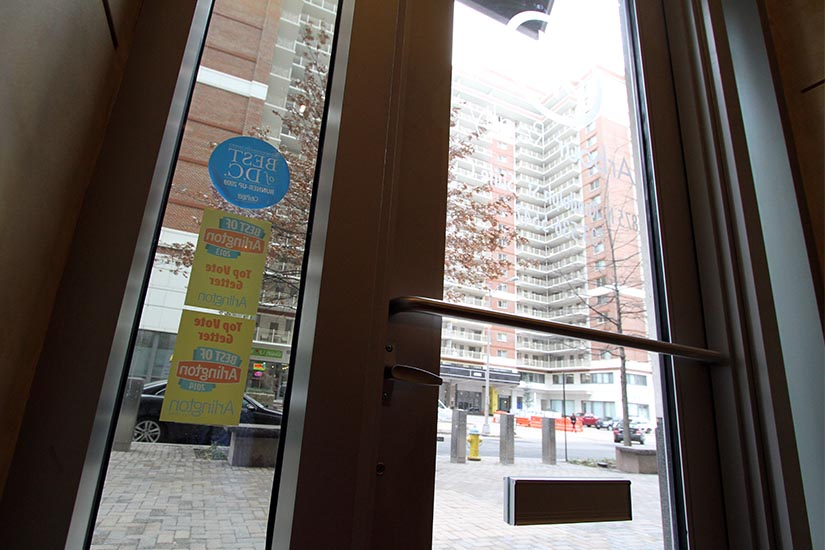Adam Gallegos, Realtor, Real Living | At Home
Phone: 703-627-1255
Email: [email protected]
Adam Gallegos was working for a tech startup when the real estate bug bit.
Gallegos was buying his first home and he decided to do it himself. Handling your own real estate transaction, however, turned out to be pretty complicated. After hitting snag after snag, Gallegos committed himself to putting in the hours of research he needed to get it right.
By the time the deal was done, Gallegos had fallen in love with real estate. He ditched the long office hours of his technology company, got a real estate license and was soon enjoying being out and about, helping people buy and sell homes.
That was ten years ago. Three years later, in 2008, Gallegos got another itch. Entrepreneurial by nature, he left a large real estate firm and founded Arbour Realty.
With Arbour, Gallegos invested less in recruiting other agents to join his firm and more in customer service. Many of his customers were younger, first-time homebuyers, so he focused on education — extensively explaining the home buying process to clients before viewing homes.
“We always start off with, let’s meet at the office, let’s talk about the whole process, let’s talk about anything you have questions about, all your goals,” Gallegos said. “We map out what we’re going to do for those clients, set their expectations correctly, and then do everything we can to exceed those expectations.”
Gallegos also made listening a cornerstone of his business. After each deal closed, he asked for candid feedback from his clients.
“That helped us to improve along the way,” Gallegos said.
Another avenue for client education was his blog. In 2012, Gallegos partnered with ARLnow.com to bring the blog to the entire Arlington community, in the form of his popular Ask Adam column.
“I’d get recognized on the street, it was kind of weird,” he said.
Gallegos still works with first-time homebuyers, but he’s also been working with many of those early clients, who are now second- and third-time homebuyers. The Orange Line condos purchased by those young professionals shortly after the recession have appreciated in value, allowing them to move up to townhouses and single-family homes.
Arbour, meanwhile, was recently acquired by D.C.-based Real Living | At Home. That has allowed Gallegos to focus less on management and get back to being a Realtor first and foremost. He still works out of his Ballston office but can spend more time outside the office, with clients. Plus, the deal has put Real Living | At Home’s resources — including an in-house photographer, videographer and marketing team — at his fingertips.
“When we put a listing on the market, it stands out every time,” Gallegos said.
(This year Gallegos was recognized for leading one of the top real estate teams in the D.C. area by Washingtonian Magazine.)
Gallegos said that while much of his business is north of Route 50, he is seeing interest in south Arlington as a less expensive, “nice alternative market.” That interest has, however, waned just a bit since the cancellation of the streetcar project.








